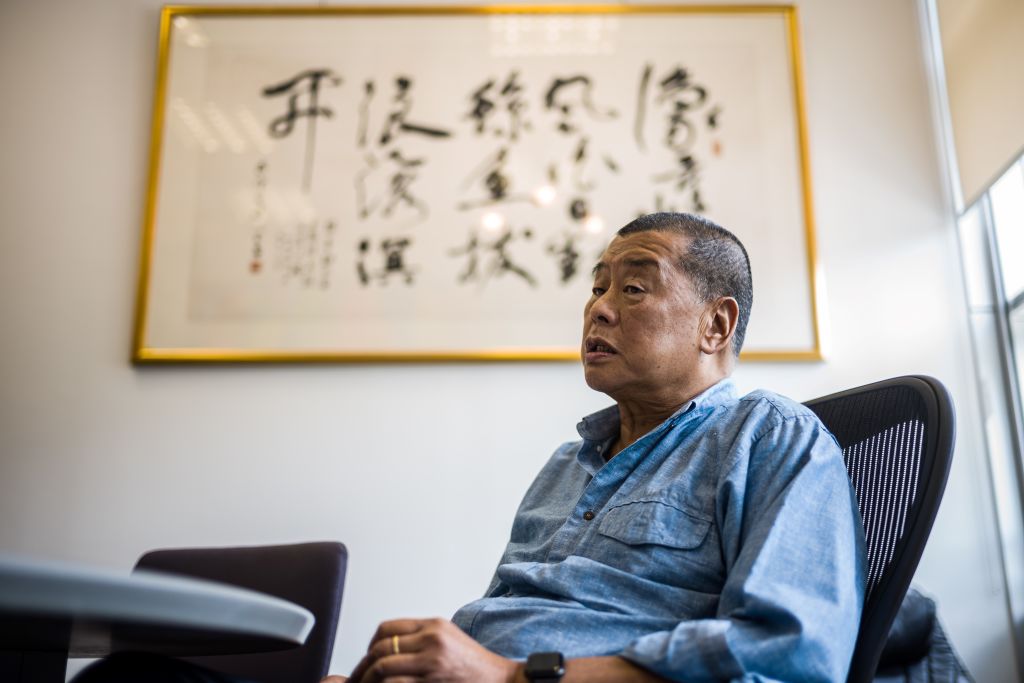Myanmar junta sentences deposed leader Aung San Suu Kyi to prison almost a year after seizing power in coup
Seoul — Aung San Suu Kyi, the 76-year-old Nobel laureate who spent years under house arrest for advocating for democracy under the military dictatorship in her native Myanmar, was sentenced to four years in prison on Monday by the generals who toppled her civilian government almost a year ago. The military junta seized power in February, arresting Suu Kyi and many other politicians and activists in the process.
State television later reported her sentence for incitement was reduced to two years, but it's just a fraction of the time Suu Kyi is facing once the junta's courts have heard all the cases pending against her.
All of the charges were laid by the military commanders that deposed her and her democratically elected government in February. The overthrow led to huge street protests in Myanmar, and then violent repression by the army.
It's still not clear how many people were killed by the security services, but human rights groups believe more than 700 people died before the protestors finally gave up.
The junta then charged Suu Kyi with a dozen offenses, including corruption, violation of a state secrets act, incitement and, bizarrely, violating coronavirus restrictions.
Suu Kyi denies all the charges, but her lawyers have been forbidden from speaking publicly about the proceedings. The court handed down her sentence on Monday after a trial held entirely behind closed doors.
Suu Kyi wasn't headed to jail right away. She was to remain in custody in the capital until all the cases against her have been decided. If found guilty of all the charges against her, Suu Kyi could be sentenced to more than 100 years in prison.
The British government was one of the first in the West to condemn the ruling, with Foreign Secretary Liz Truss deriding the sentence as "another appalling attempt by Myanmar's military regime to stifle opposition and suppress freedom and democracy."
"The United Kingdom calls on the regime to release political prisoners, engage in dialogue and allow a return to democracy. The arbitrary detention of elected politicians only risks further unrest," she added.
Suu Kyi, the daughter of a Myanmar independence hero, spent almost 15 years under house arrest between 1989 until 2010 as an outspoken advocate for democracy in military-run Myanmar, or Burma as it was then known.
Her peaceful push for civilian rule saw her awarded the Nobel Peace Prize in 1991, while still under house arrest, and she became an international symbol of hope for democratically minded people living under oppression.
But while she remains hugely popular among Myanmar's Buddhist majority, Suu Kyi's international reputation was severely damaged over what many saw as a weak, if not dismissive response to a wave of violence against ethnic Rohingya Muslims in the west of the country.
The crackdown on the stateless Rohingyas, which drove hundreds of thousands out of Myanmar to become refugees at packed camps in neighboring countries, has been labelled genocide by some investigators, and as the country's defacto leader Suu Kyi was accused of doing little to stem the violence, at times even dismissing claims of mass atrocities.
CBS News' Tucker Reals contributed to this report.






